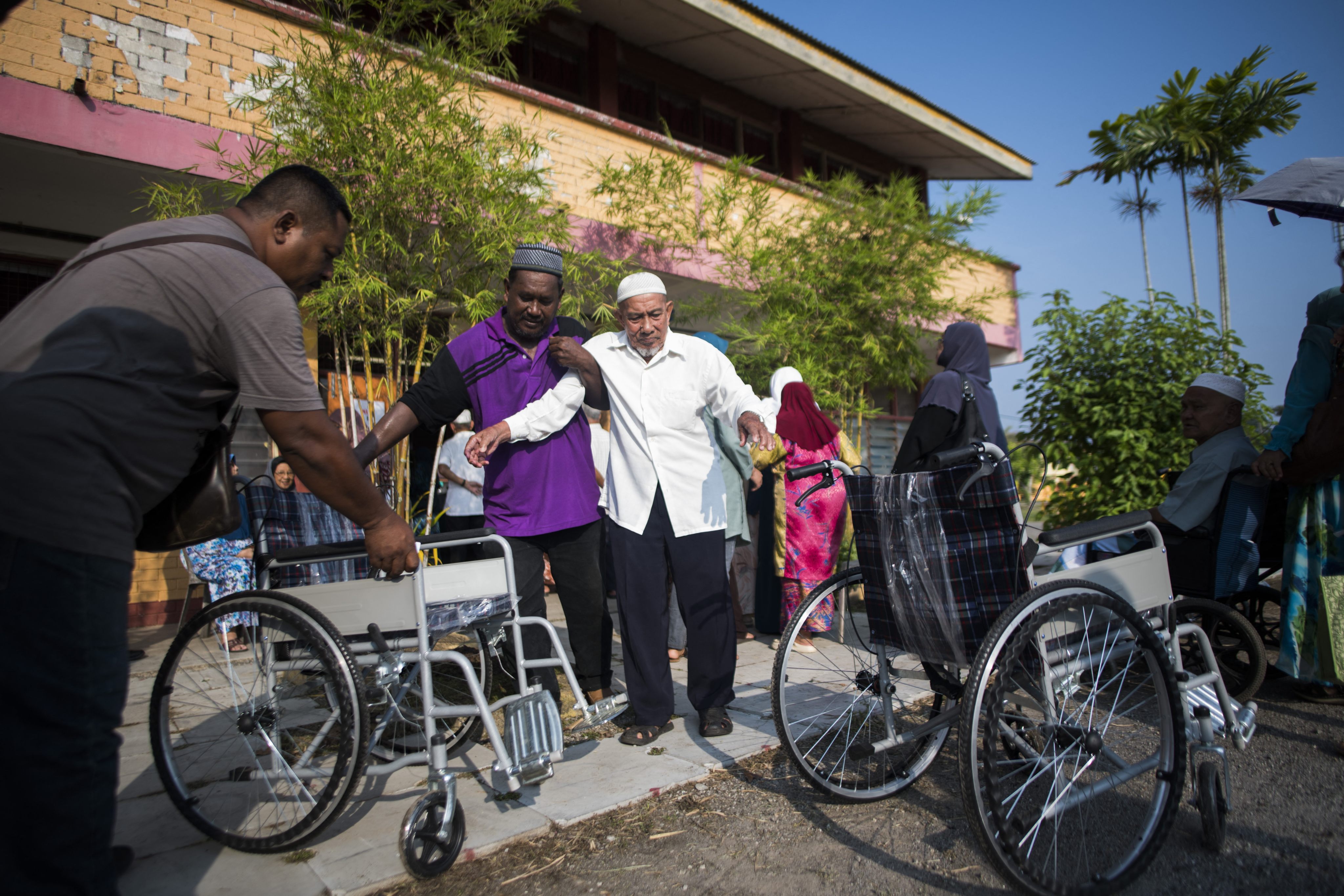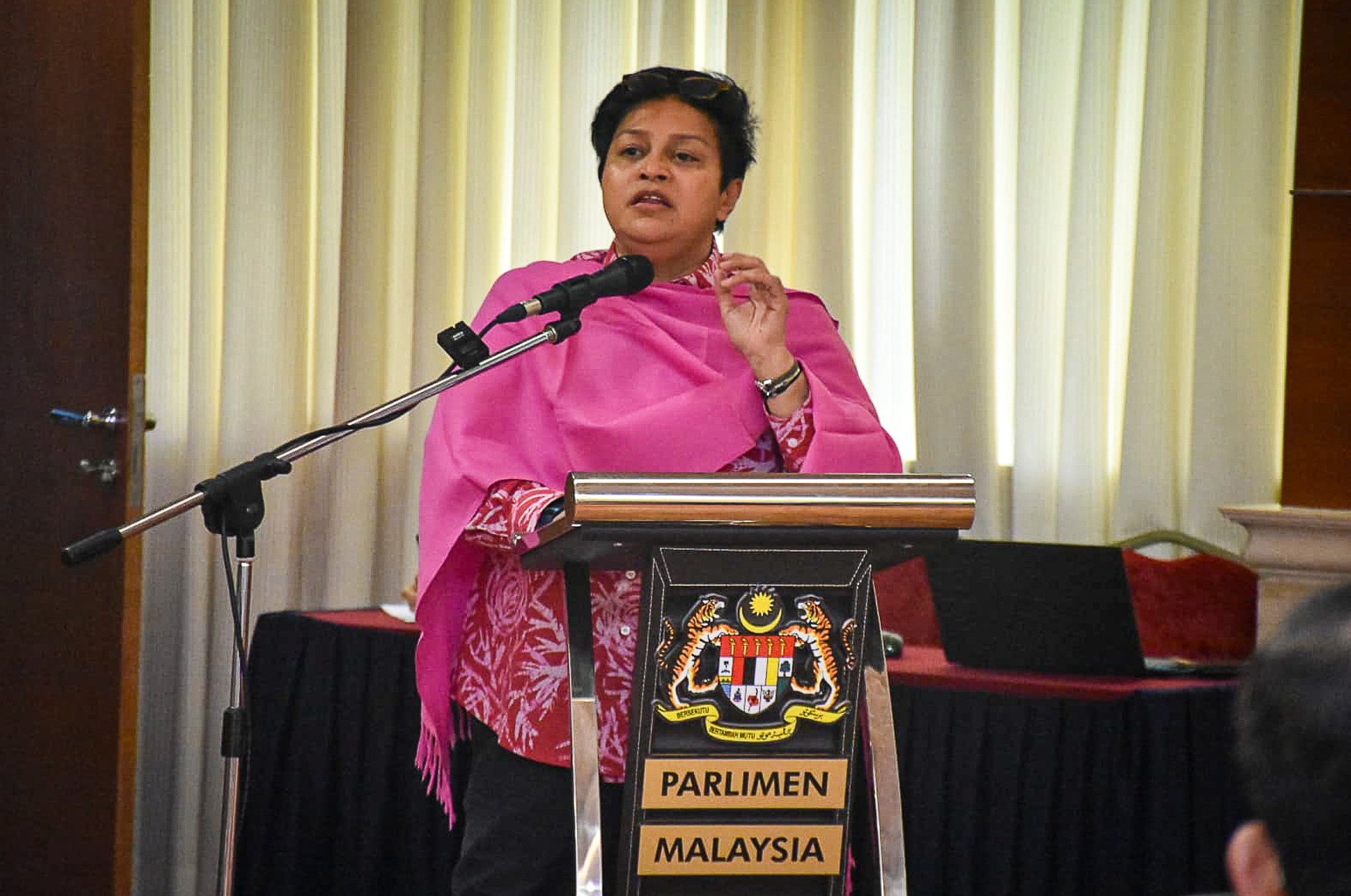Malaysians slam plan to raise civil servant retirement age to 65: ‘Let them rest’
Proponents say healthy seniors want to keep working, critics say it would burden older workers and block youth employment

A proposal to raise the retirement age for Malaysian civil servants from 60 to 65 has drawn strong public opposition, with critics warning it would extend financial strain for low-income workers and limit job opportunities for young people.
The suggestion, floated this week by Law Minister Azalina Othman Said, has reignited debate over how Malaysia should prepare for a rapidly ageing population and shrinking workforce. But it has also laid bare anxieties over wage stagnation, high living costs and the widening gap between economic policy and lived reality.
Azalina, speaking on Tuesday, said it was time for the government to consider 65 as the new retirement age for civil servants, noting that Malaysian judges retire at 65 – five years earlier than their counterparts in some neighbouring countries. While she framed the comment as a personal opinion rather than official policy, she argued the move would allow older workers to remain productive and help boost their pension savings.
“Maybe the government should look at 65 years as the new retirement age because many [who reach] 60 are still young and the proportion of 60-year-olds in the population is growing,” Azalina said.
Malaysia, like many upper-middle-income nations, faces demographic headwinds. The share of citizens aged 65 and above is expected to nearly double from 8 per cent today to 14 per cent by 2043, according to projections by the United Nations and the World Bank.

At the same time, the working-age population has been shrinking since 2020, putting strain on tax revenues and pension systems.
Azalina argued that allowing older Malaysians to work longer could help address the issue. But her remarks drew widespread criticism from citizens, who said that unlike in wealthier European countries, most Malaysians grow old before they grow rich – and that an extra five years in low-paid work would do little to benefit those who wanted to stop working.
Teacher Akmal Husin, 42, said the proposal was based on anecdotal claims that older Malaysians remain healthy – a view he said did not match his own experience.
“In my profession, colleagues as young as 55 have started taking time off from work for medical appointments. If the retirement age is increased, they will spend 10 more years with worsening conditions,” he said.
Akmal added that it was unfair to “punish” everyone based on the good health of a few individuals known to the minister.
Online, many echoed the criticism, arguing that 60 is an appropriate age to retire and focus on personal well-being after years of service to the country.
Former police officer and now pilot Ezairol Rezan Zainol dismissed the notion that 60-year-old Malaysians are generally healthy as “just rhetoric to get people to agree to the proposal”.
“Sixty is a time to hand over power and responsibility to those who are younger. Enough is enough,” he wrote on social media.
Malaysia has a working population of just over 16 million out of a total population of 34 million. With a median household income of around 6,300 ringgit (US$1,470), the country has some of the lowest savings rates in the world.
A recent study by the central bank, Bank Negara Malaysia (BNM), found that more than two-thirds of Malaysians struggle to raise 1,000 ringgit (US$234) for emergencies. Fewer than half feel financially prepared for retirement.
Economist Aimi Zulhazmi said economic stress was the main reason behind the push to raise the retirement age, adding that some members of the public had also called for the option to keep working.
“Many want to continue working beyond 60 as long as the body permits,” he said. “Besides, many have outstanding mortgages due to the skyrocketing price of homes and interest rates.”
However, Aimi suggested a tiered approach, where lower-income earners could retire at 65, while those with higher incomes leave the workforce at 60.
“This is to allow younger generations to have an opportunity to rise up the ranks,” he said.
That prospect has raised concern among younger workers, who argued that being healthy and willing to work does not necessarily mean older colleagues are well-equipped to keep up in a rapidly evolving workplace.
Some cited resistance to adopting new technologies and software, with older employees often deferring tasks to younger colleagues.
“They always come up with excuses, saying I’m not familiar with this system, why don’t you young people do it,” one user wrote on social media.
While Malaysia’s overall unemployment rate is a low 3 per cent, youth unemployment remains significantly higher – hovering around 10 per cent, according to the World Bank – underscoring the limited opportunities available to younger jobseekers.
For content creator Hasrol Husain, the issue is less about economics and more about dignity.
“Let them rest, worship, spend time with their families, and enjoy their remaining years,” he said on Facebook. “The younger generation should be given the space to carry on the nation’s development.”